Forensic DNA analysis - Talk 18 November

Many GSV members are familiar with the use of commercial DNA databases in genetic genealogy, but how much do we know about the use of DNA to solve crimes?
In a forthcoming talk, Professor Linzi Wilson-Wilde OAM, Director of Forensic Science South Australia, will discuss the application of DNA in law enforcement and future directions of the science.
Forensic DNA analysis – what can it tell us and what does it hold for the future?
– Thursday 18 November Talk
Linzi introduces her forthcoming talk to GSV members:
'Forensic science uses the principles of science to study and understand traces – the remnants of past activities (such as an individual’s presence and actions) – through their detection, recognition, examination and interpretation, to answer a question relevant to the justice sector (i.e. detection, resolution or prevention of crime and responding to disasters).
One tool to understand traces is Forensic DNA analysis, which was first introduced into casework in the mid-1980s. From those humble beginnings, it has grown to be an essential tool for investigators. Advancements in DNA analysis continue, and new techniques are constantly evolving, offering exciting new opportunities to aid the justice sector. Current and emerging DNA analysis techniques and their role in forensic science such as murder investigations and the Bali Bombing will be discussed.'
* * *
Our presenter:
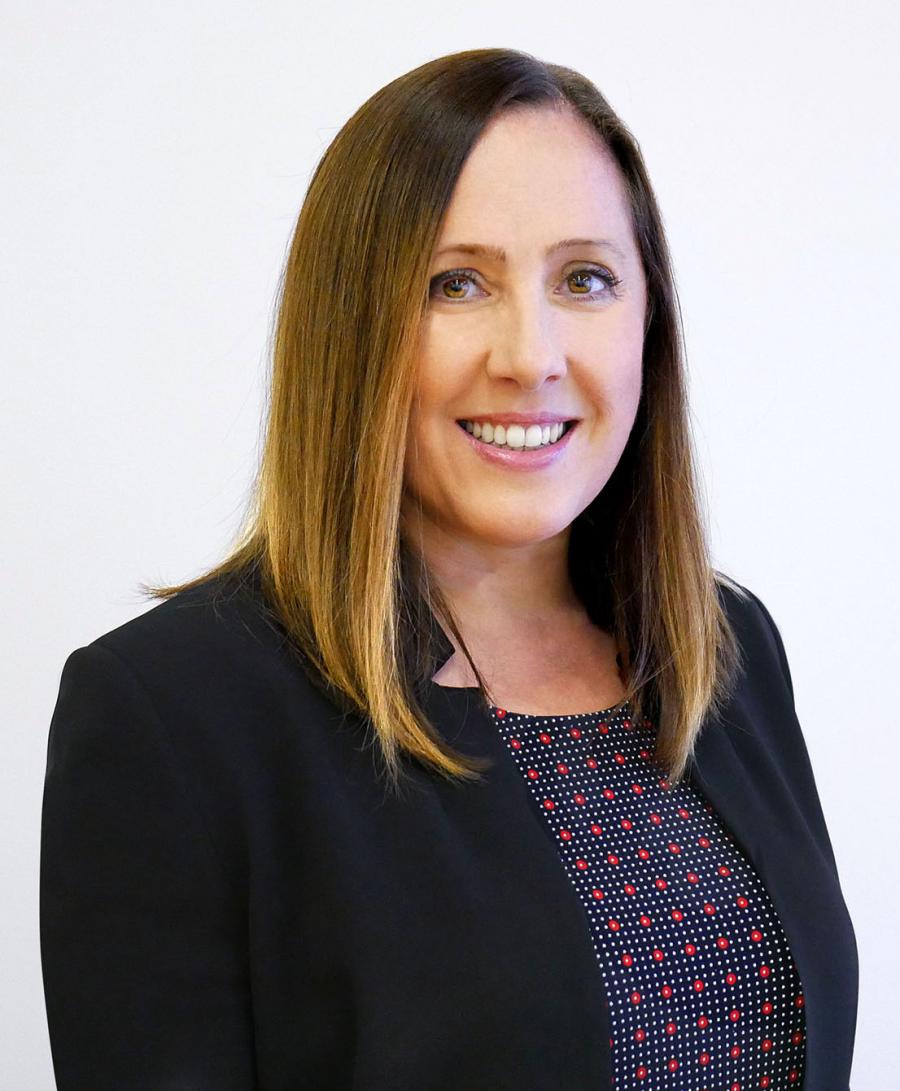 Professor Linzi Wilson-Wilde OAM has over 25 years’ experience in forensic science working for Victoria Police, New South Wales Police, the Australian Federal Police, and the National Institute of Forensic Science, where she was Director. During her career, Linzi has worked on the investigation of high-profile murder cases, cold case reviews, a mass DNA screen, along with legislative reform, and policy development. Linzi coordinated the DNA analysis of all samples involved in the disaster victim identification and criminal investigation of the Bali Bombing in October 2002. Most notably, Linzi has received a Medal in the Order of Australia for her work and was inducted into the Victorian Honour Roll of Women in 2014.
Professor Linzi Wilson-Wilde OAM has over 25 years’ experience in forensic science working for Victoria Police, New South Wales Police, the Australian Federal Police, and the National Institute of Forensic Science, where she was Director. During her career, Linzi has worked on the investigation of high-profile murder cases, cold case reviews, a mass DNA screen, along with legislative reform, and policy development. Linzi coordinated the DNA analysis of all samples involved in the disaster victim identification and criminal investigation of the Bali Bombing in October 2002. Most notably, Linzi has received a Medal in the Order of Australia for her work and was inducted into the Victorian Honour Roll of Women in 2014.
* * *
Register for this talk via the 'Events' page. The talk is $5 for all GSV Members and attendance is via Zoom. If you are not a member JOIN HERE.
[Ed.]Thanks to Kristy Love for preparing this post.


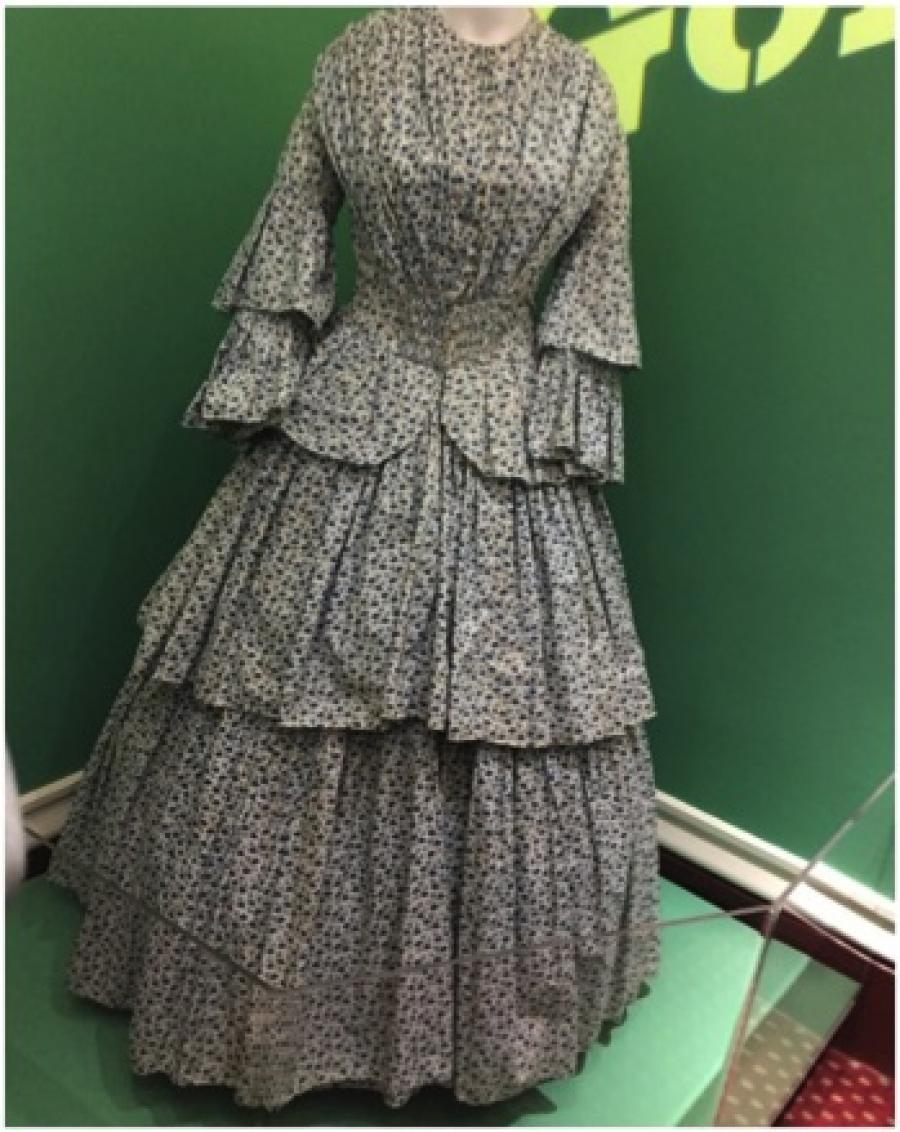
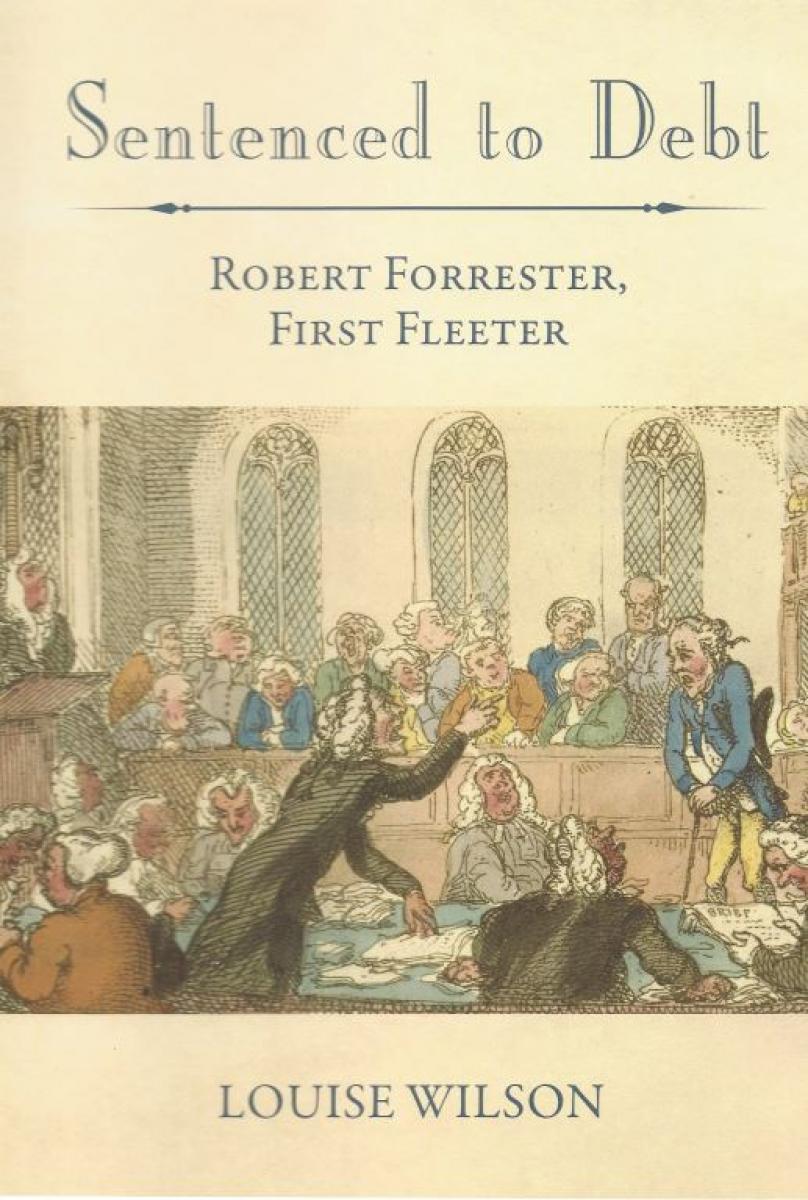
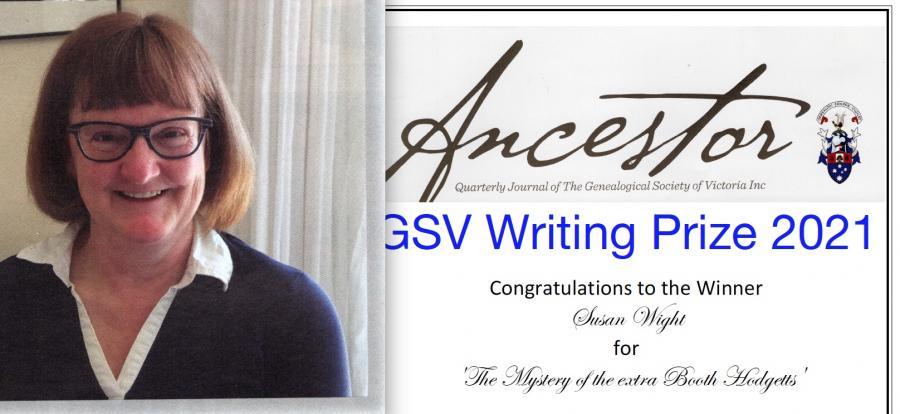

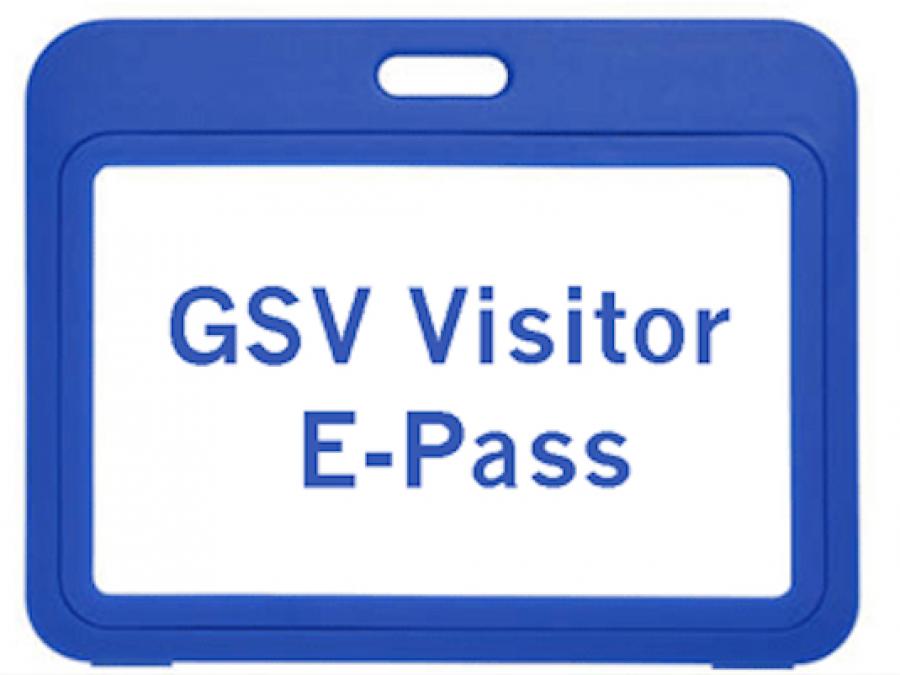

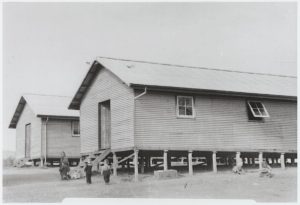 Bonegilla August 1949 (Photo. Nandor Jenes / SLV Pictures H2002.16)
Bonegilla August 1949 (Photo. Nandor Jenes / SLV Pictures H2002.16)

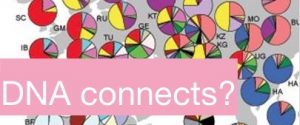
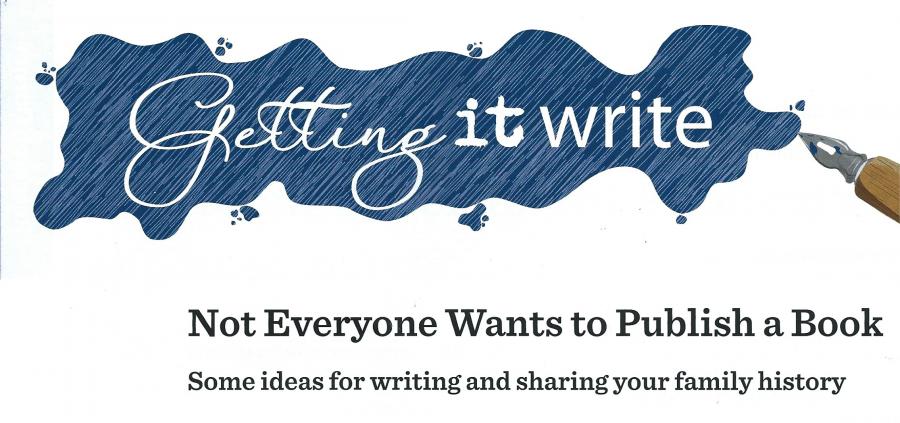
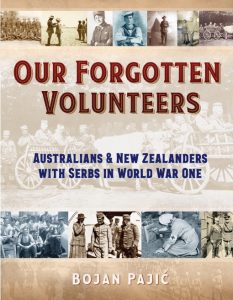 The GSV has been assisting Bojan Pajic to trace and contact descendants and relatives of Australians and New Zealanders who served in Serbia or alongside the Serbian Army on the Salonika Front and nearby seas in World War One. Over 100 have been identified and contacted.
The GSV has been assisting Bojan Pajic to trace and contact descendants and relatives of Australians and New Zealanders who served in Serbia or alongside the Serbian Army on the Salonika Front and nearby seas in World War One. Over 100 have been identified and contacted.